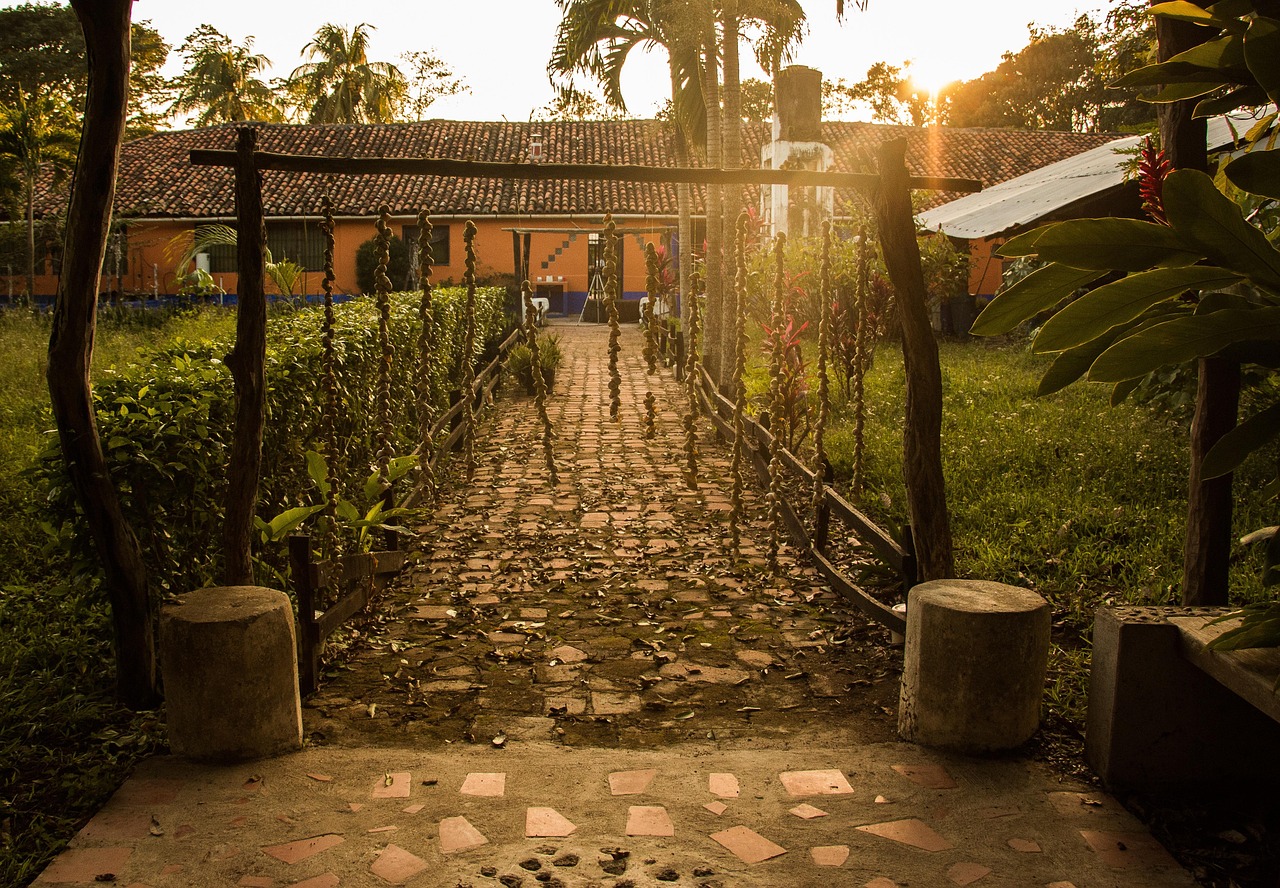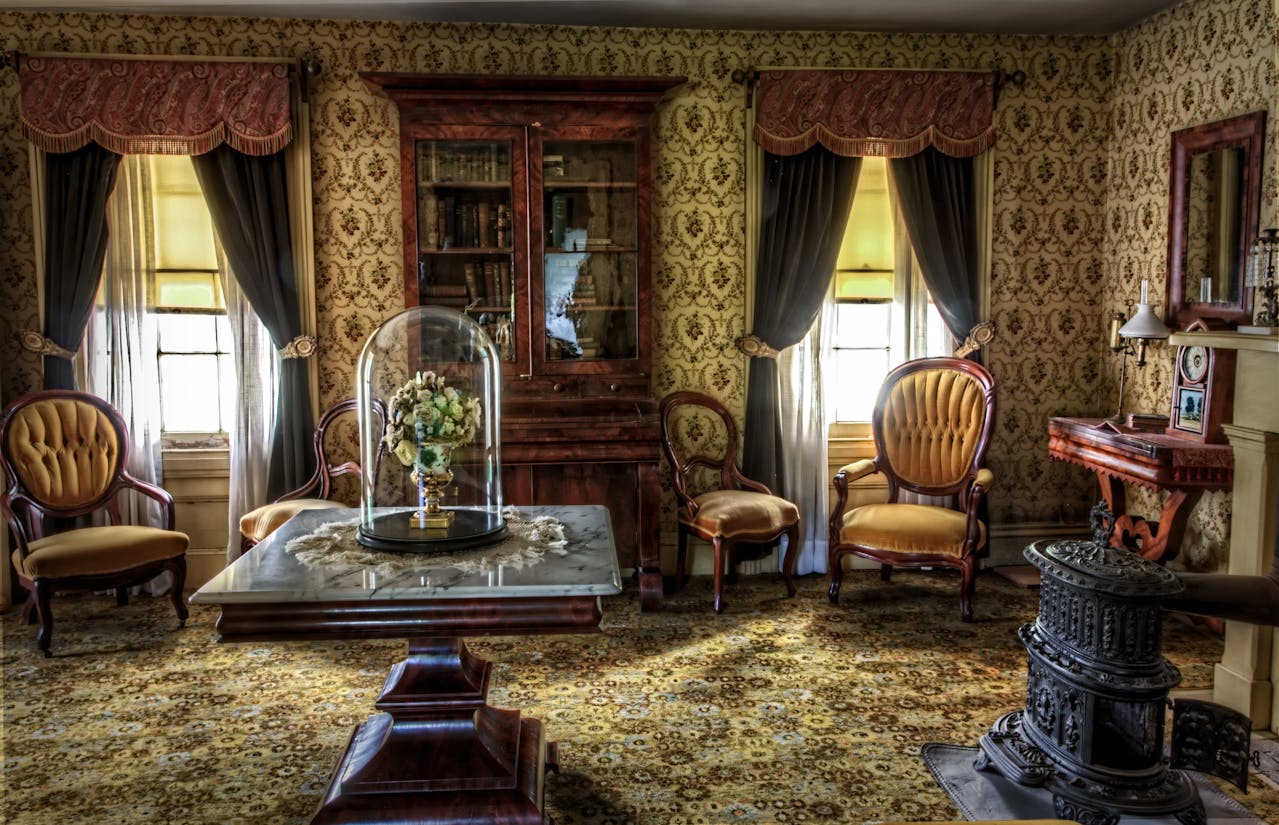Everyday routines feel harmless until a rule turns them into an invoice. Cities and states write codes to protect water, air, wildlife, and the peace next door, and many of those rules touch small habits that slide under the radar. What catches people out is not malice, just assumptions. A rain barrel seems thrifty. A quick text at a red light feels minor. A tidy burn pile looks safe. Here is the thing. Enforcement often starts with these basics, and the penalties are real and fast.
Exceeding Rain Barrel Limits
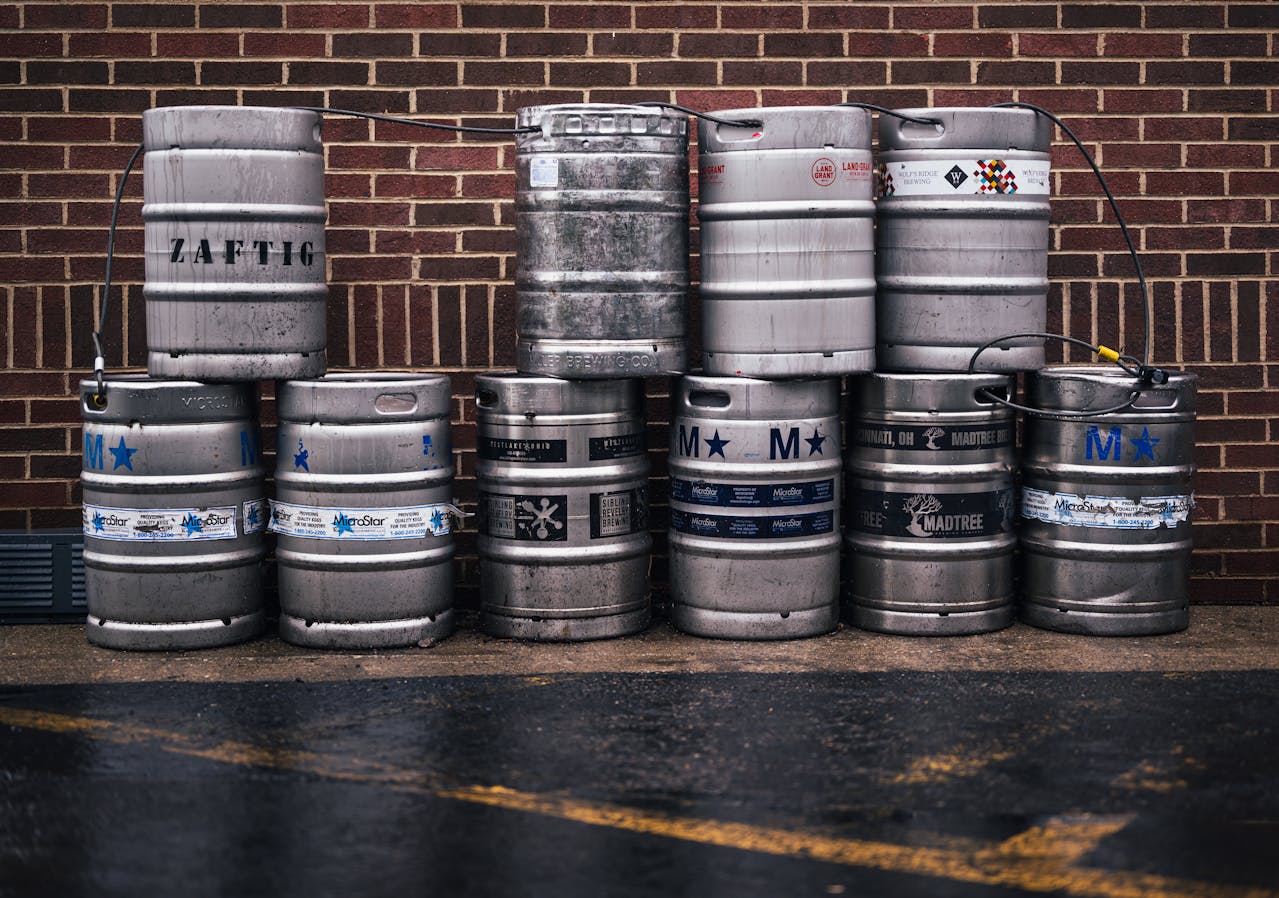
Water saving is smart, but quantity matters. Colorado lets most homes collect rainwater with limits, and state guidance caps typical households at two 110 gallon barrels. Install more or plumb a large tank and a friendly conservation project can become a citation. The goal is to protect downstream rights and keep stormwater patterns stable. A quick check of state and local allowances, plus how the barrels are used, keeps the setup legal and the garden happy.
Operating Unregistered Short Term Rentals

Short term rentals are tightly policed in big cities. New York City fines owners thousands per day for unregistered listings, with penalties reported between 1,000 and 5,000 dollars depending on the case. Registration ties to safety, occupancy, and tax rules, and enforcement sweeps are common. Quiet listings rarely slip through for long. The safe path is simple but strict. Confirm eligibility, register, meet fire and housing codes, and keep paperwork ready when inspectors knock.
Parking On The Lawn
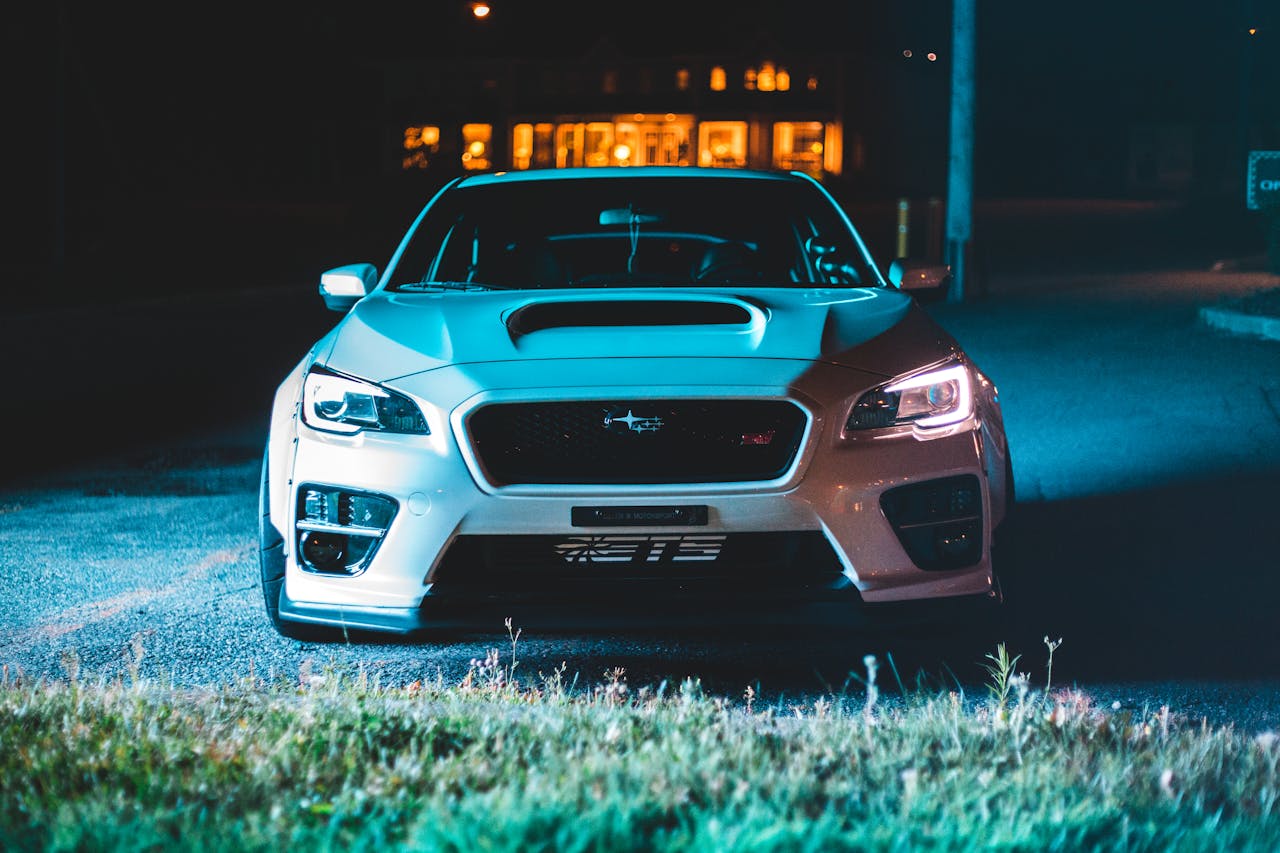
That quick fix for a packed driveway can violate local code. Many municipalities ban parking on lawns or unpaved yards to protect drainage, avoid ruts, and keep neighborhoods looking cared for. Infractions often start with a warning and step up to daily fines if the vehicle remains. The practical answer is to add legal hard surface where allowed or use street parking within time limits. Grass likes roots and rain, not tire tracks, and code officers agree.
Feeding Wildlife In Residential Areas

Tossing scraps to wild visitors feels kind, but it can be illegal and risky. Illinois bans feeding deer to reduce disease and collisions, and other states restrict baiting or backyard feeding that changes animal behavior. Fines aside, handouts pull wildlife into roads and yards where pets and people get hurt. The better habit is simple. Secure trash, fence gardens, use repellents, and enjoy animals at a respectful distance without teaching them to expect a pantry.
Burning Leaves Without A Permit
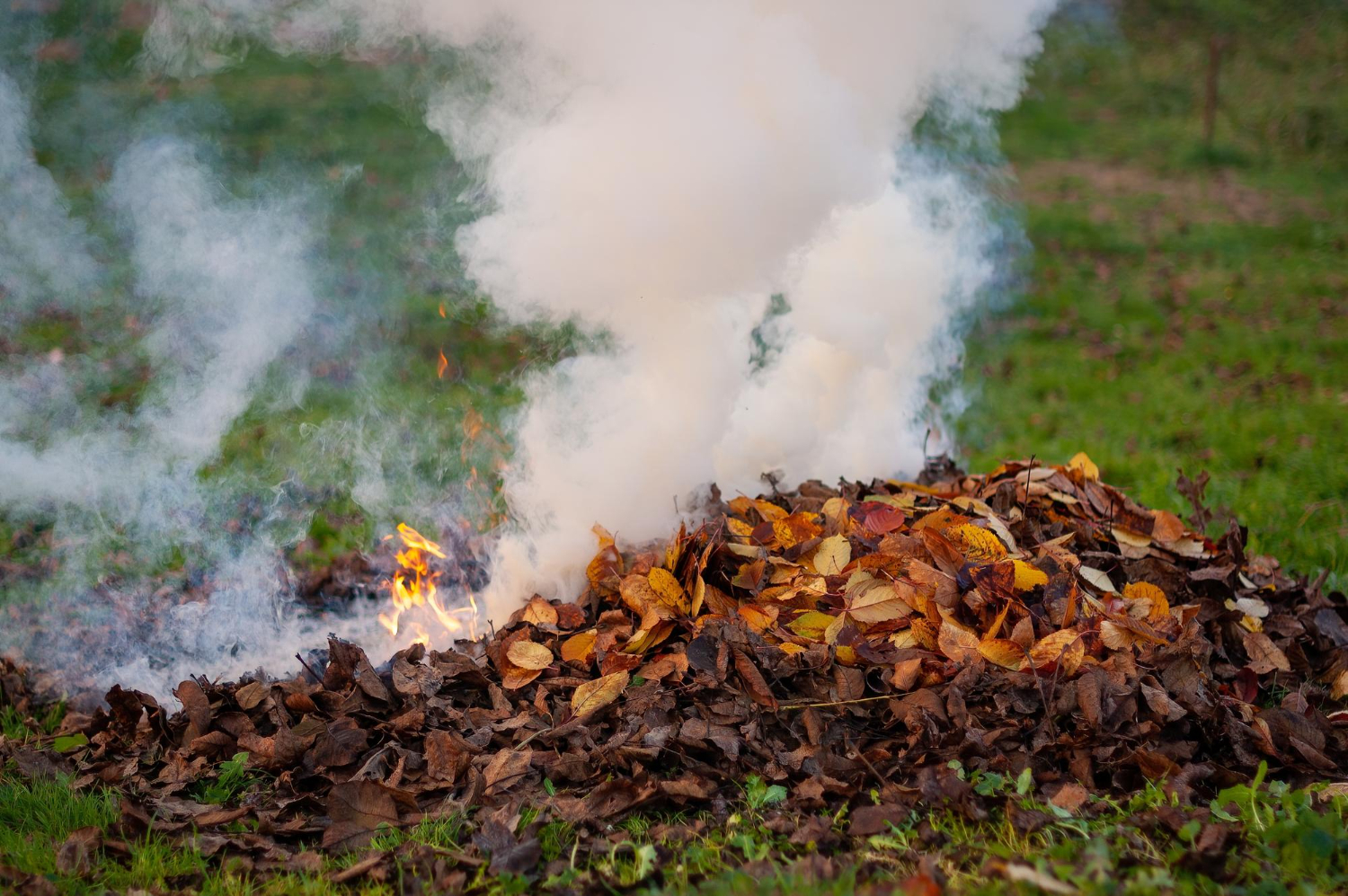
Fall cleanup meets air rules the moment a match appears. Many communities require a permit for open burning, restrict burn days, or ban leaf burning because of smoke and wildfire risk. Skip the permit and the fine can arrive faster than the fire truck. Composting, mulching, and curbside yard waste pickup keep air clearer and neighbors friendlier. If burning is allowed, follow setbacks, constant supervision, and water on hand. Those details decide the outcome.
Texting At A Red Light
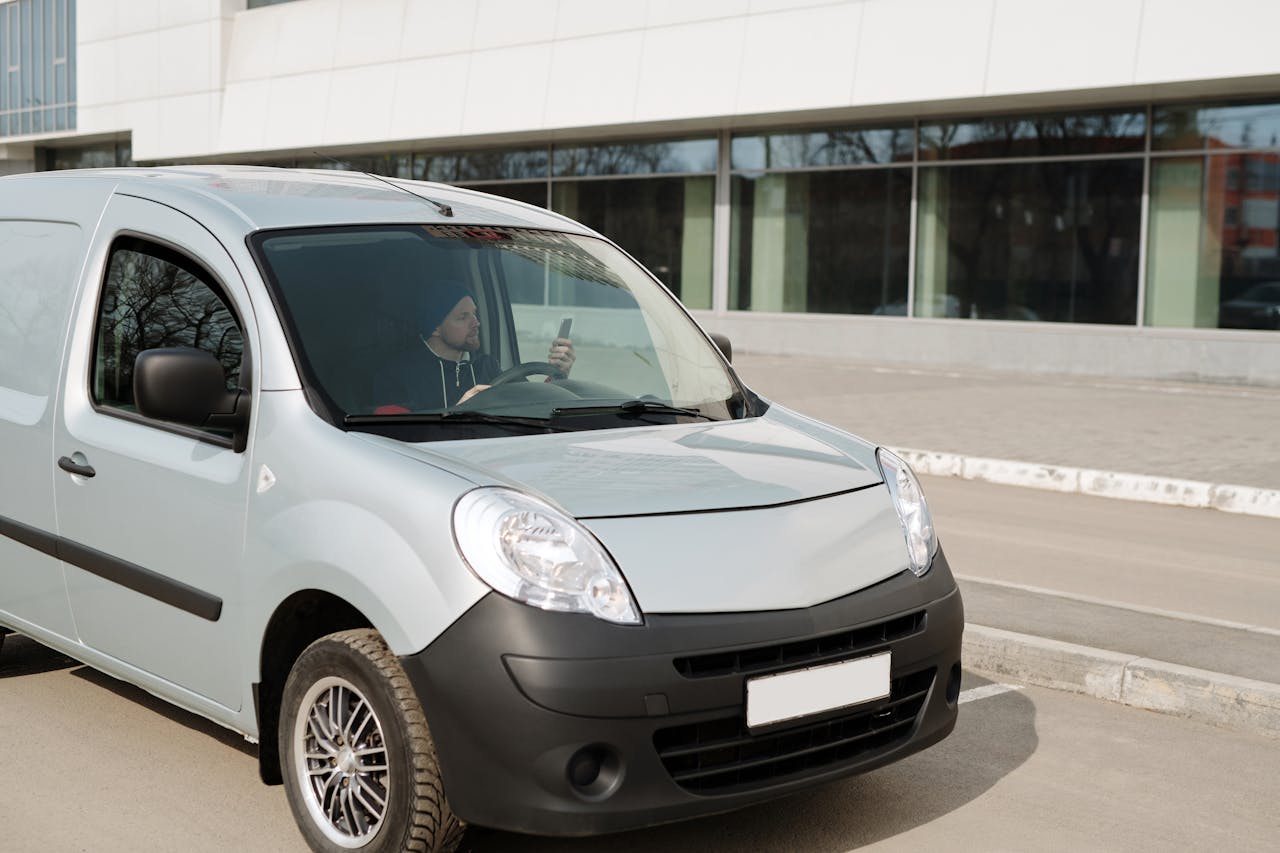
Hands free laws in many states treat a red light as driving, not downtime. Phone use that seems harmless at a stop can still trigger a citation, and officers often write the ticket without a debate over intent. The logic is straightforward. Distraction lingers after the light turns green, and crashes happen in that first second. Mount the phone, use voice controls, or pull over for messages. Eyes up keeps both the record and the bumper intact.
Idling The Engine Too Long
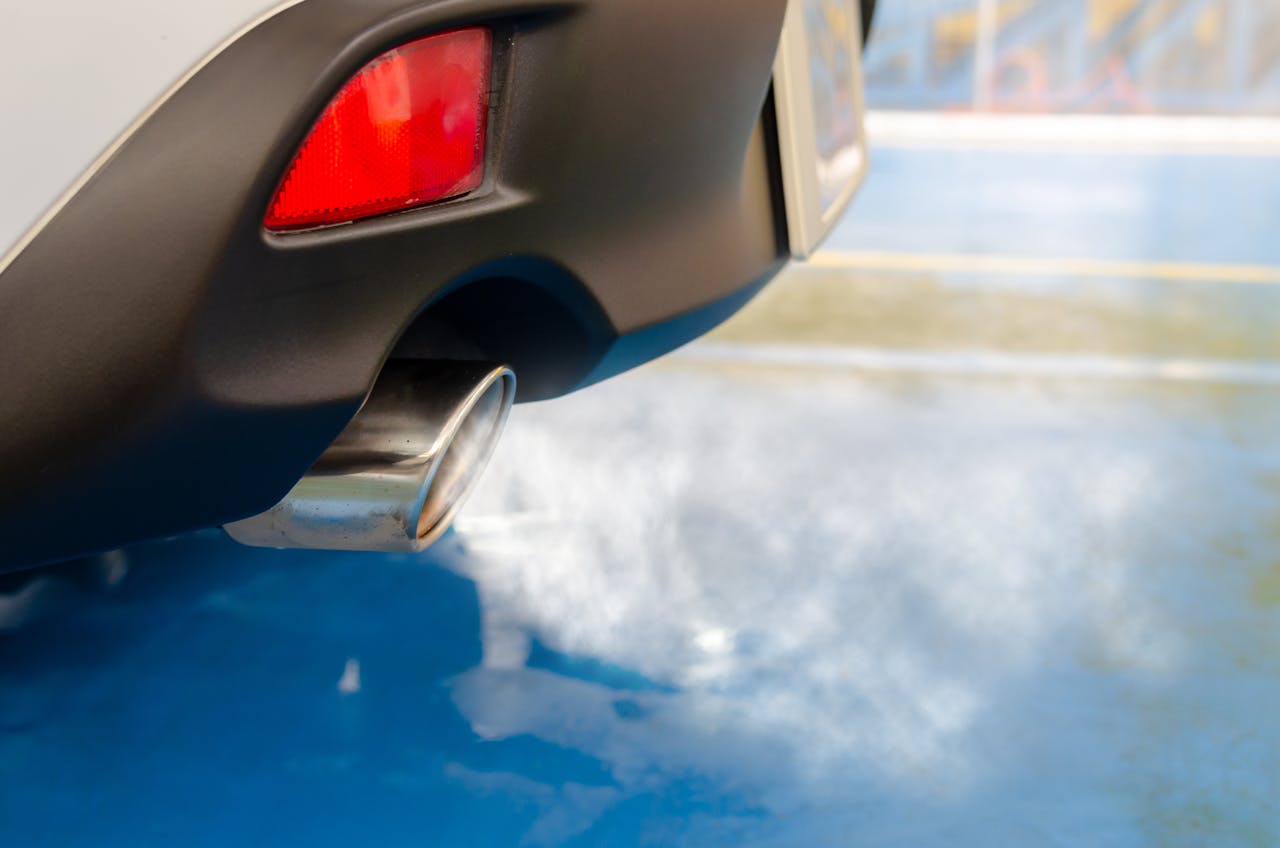
Anti idling rules target dirty air and wasted fuel. School zones, delivery routes, and downtown cores often cap idling at one to five minutes, with fines that rise for repeat violations. Leaving the engine humming for heat, AC, or a quick song sounds small, but the ticket and fuel burn are not. Modern engines handle frequent restarts. When a sign sets the limit, the quiet key is the best answer, and it saves money every time.
Skipping Sidewalk Snow And Ice Removal
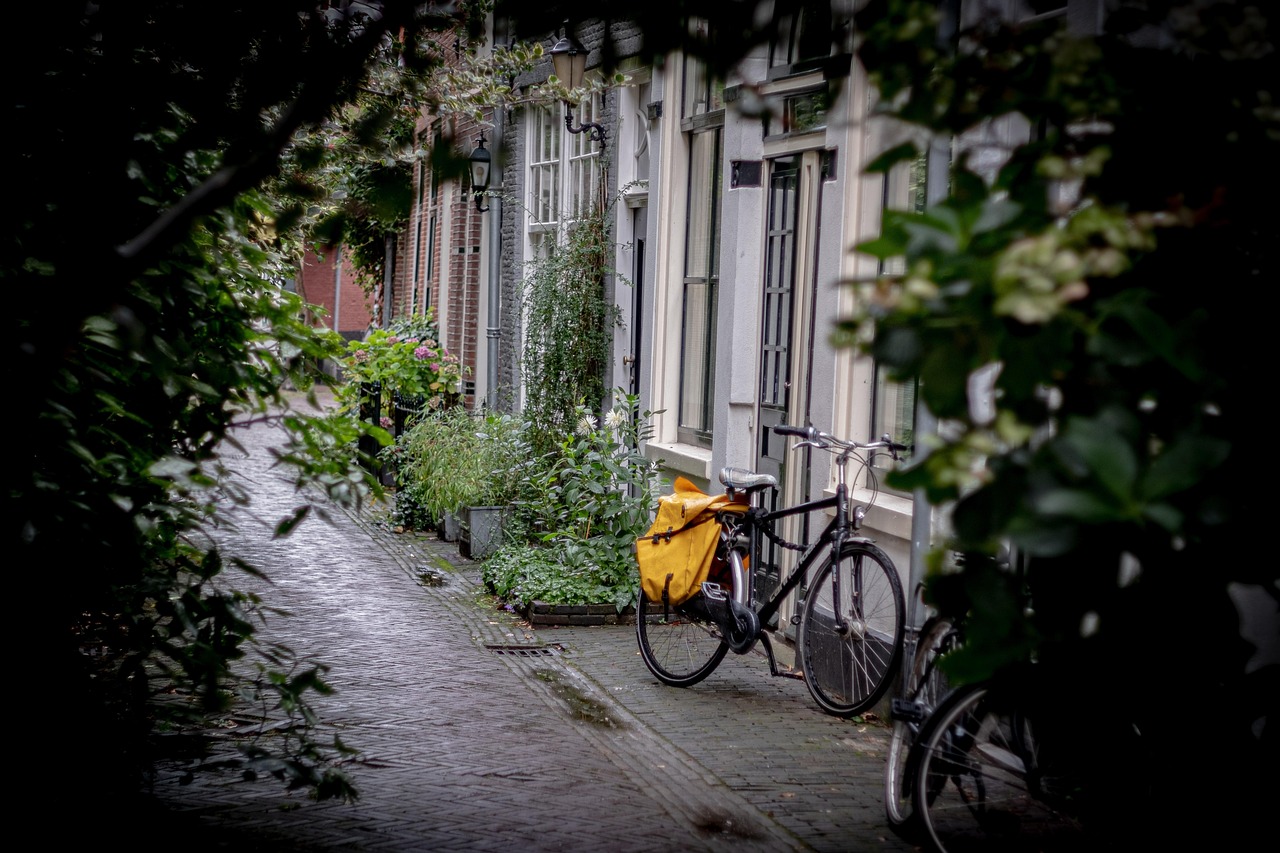
In many towns, the sidewalk is the property owner’s responsibility, and the clock starts after snowfall ends. Miss the deadline and fines, liens, or city clearings billed back to the owner can follow. The rule protects pedestrians, mail carriers, and school routes. A good plan pairs a sturdy shovel with sand or de icer, then checks curb cuts where melt refreezes. Clear paths prevent injuries, lawsuits, and that second bill that shows up by mail.
Contaminating Recycling Or Trash Bins
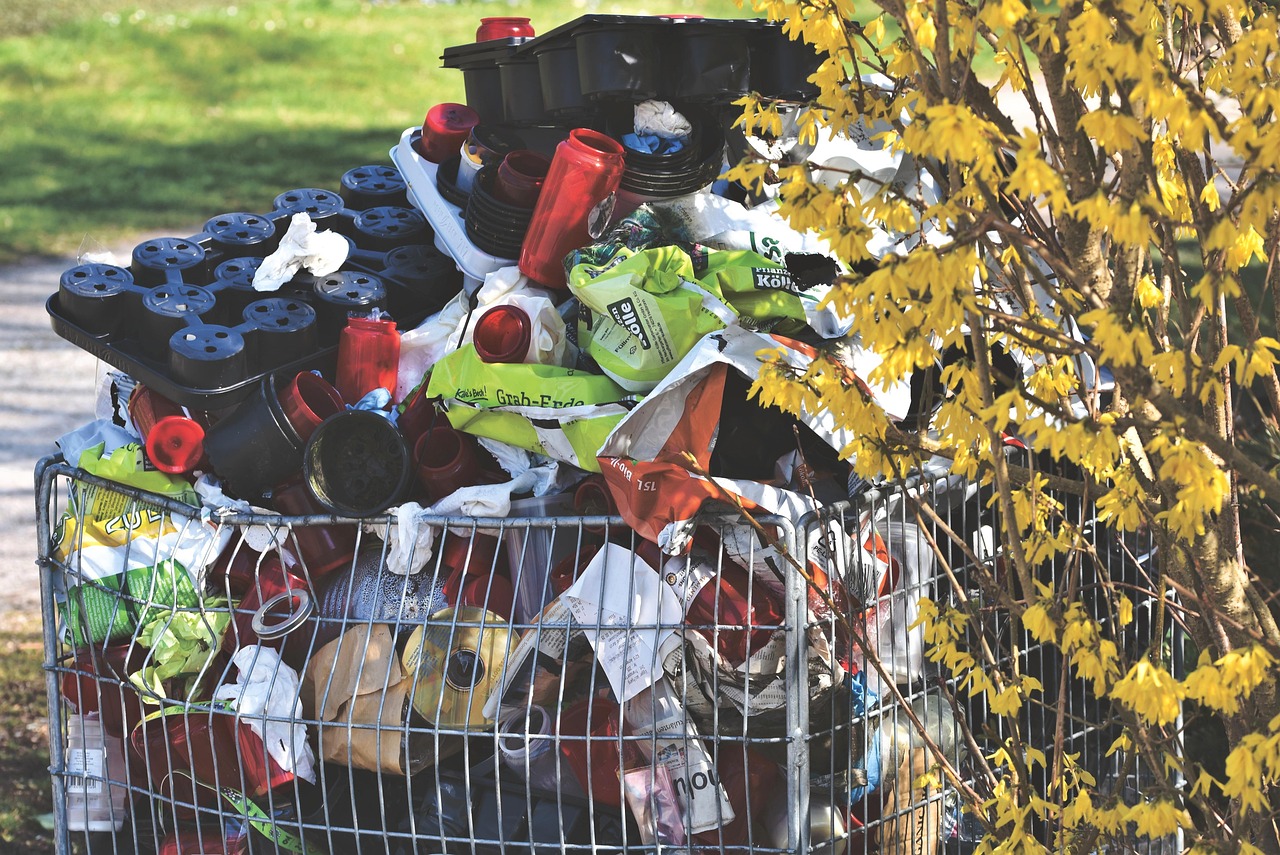
Wish cycling turns into real fees. Haulers and cities tag and leave contaminated bins or levy fines when loads include bagged recyclables, greasy pizza boxes, tanglers like hoses, or batteries. A few bad items can spoil a whole truck and raise program costs. The fix is boring and powerful. Follow the local list, keep items empty, clean, and dry, and take electronics or hazardous waste to proper drop offs. Clean streams keep rates lower and carts untagged.
Dog Off Leash Or Skipping The Scoop
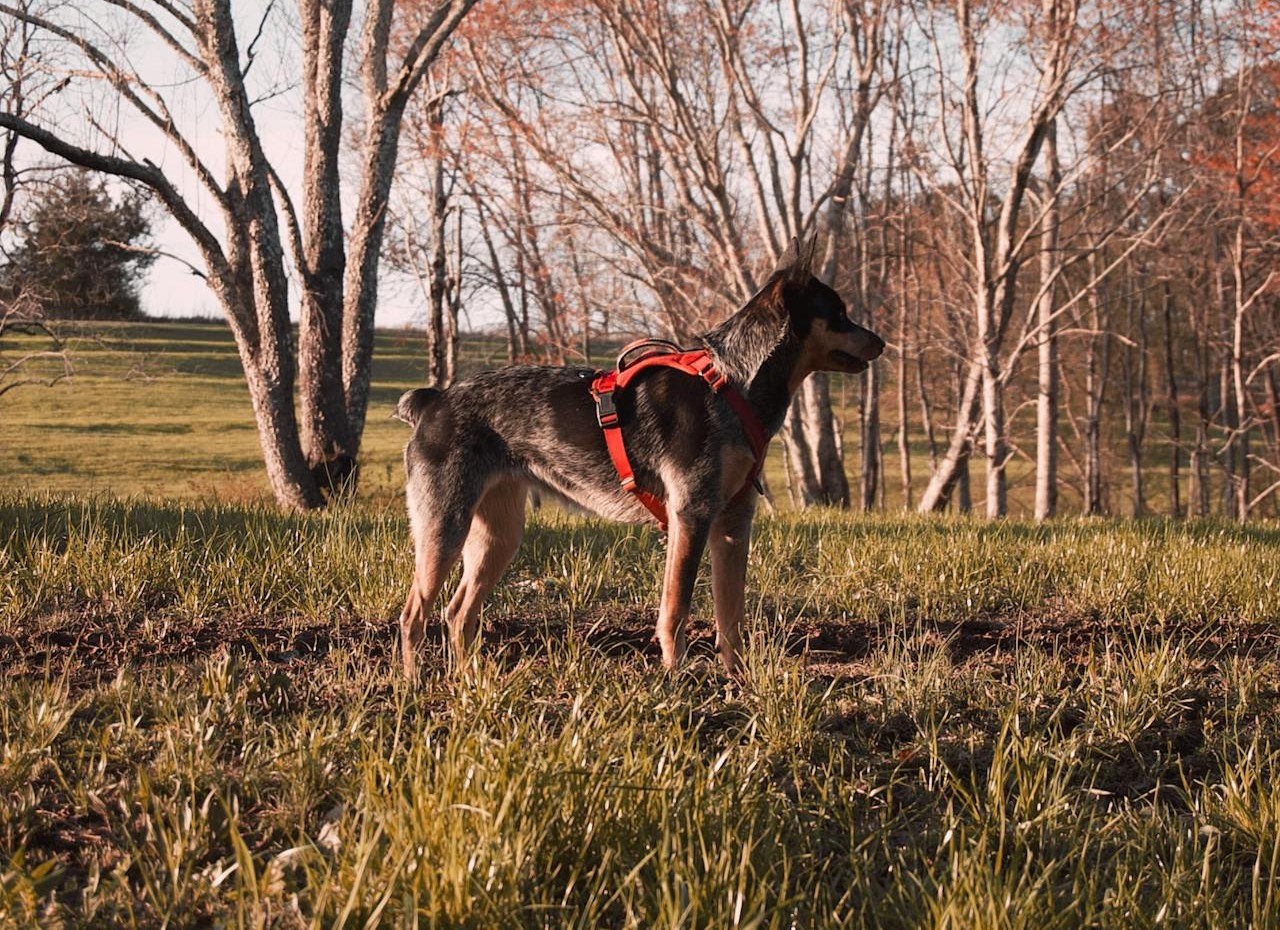
Parks and sidewalks run on simple rules. Leash laws reduce bites and wildlife chases, and pet waste must be bagged and binned. Fines vary by city and jump for repeats, and complaints bring targeted patrols. Beyond tickets, scooping keeps waterways cleaner and public spaces welcoming. A spare roll of bags on every leash solves the second problem. Off leash sessions in designated areas scratch the first without risking a confrontation or a citation.
Obscured License Plates And Over Tinted Windows
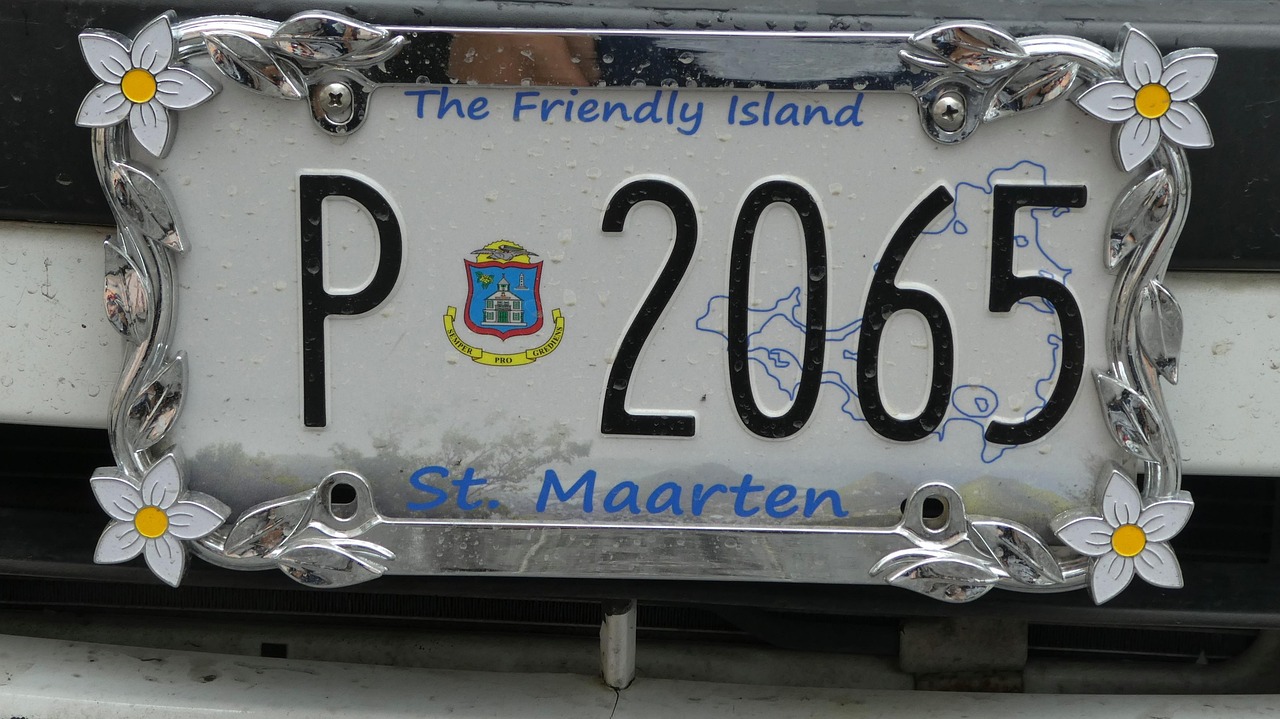
Small car mods can invite big attention. Plate frames that cover state names or stickers, smoked covers, or mud that hides numbers are citable in many states. Window tint beyond legal limits brings equipment violations or fix it tickets that still cost time and time. The intent is identification and officer safety, and enforcement is steady. Check state specs before buying a frame or tint. Ten minutes now beats a roadside chat and a fine later.
Fireworks During Local Bans Or Outside Legal Dates
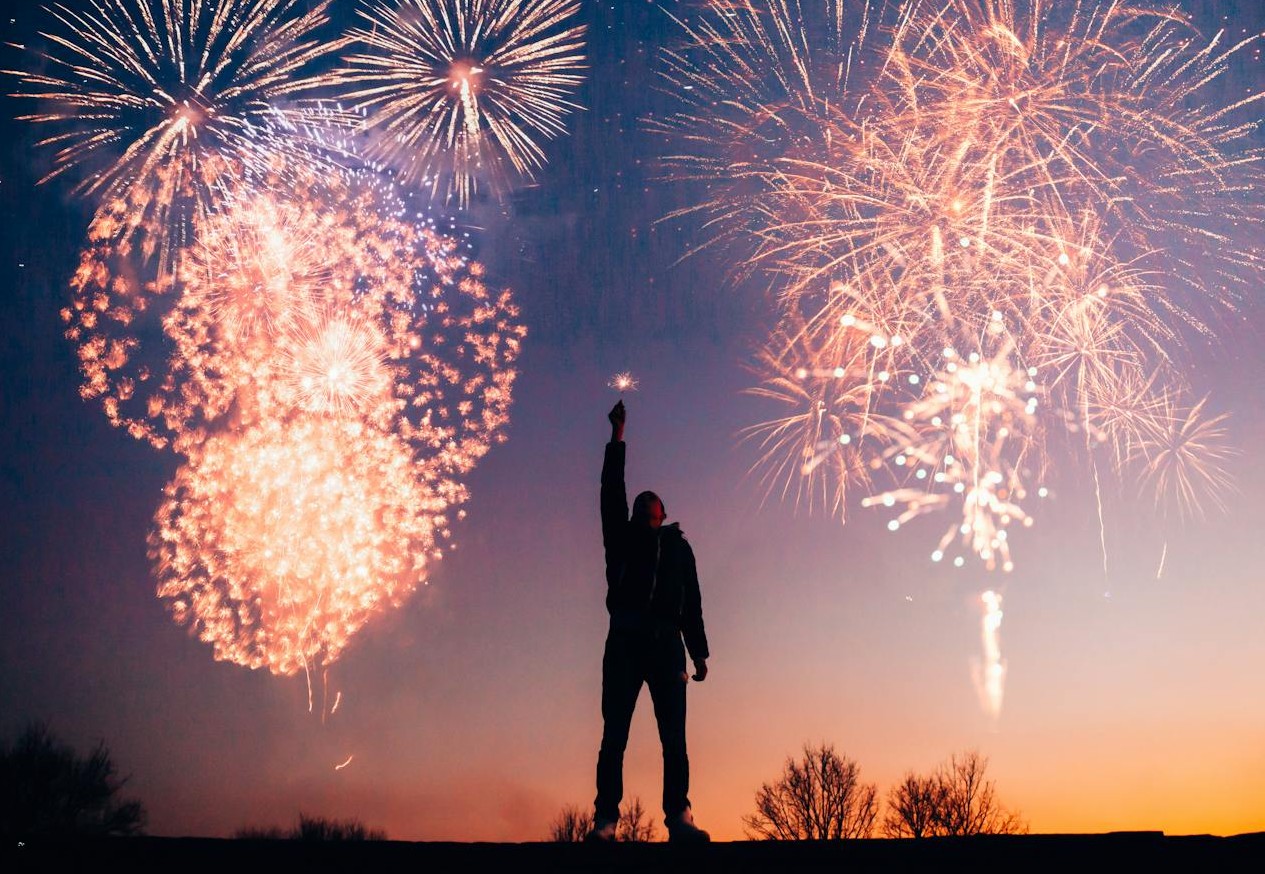
Holiday spark is tightly regulated. Many cities ban consumer fireworks outright, others restrict them to set dates and hours or pause them during drought and red flag conditions. Violations bring fines and potential liability for damage. Even legal sparklers burn hot and leave litter. Safer choices include permitted community shows or cold spark devices for small gatherings. When conditions are dry, the kindest move for pets, neighbors, and firefighters is a quieter night.
